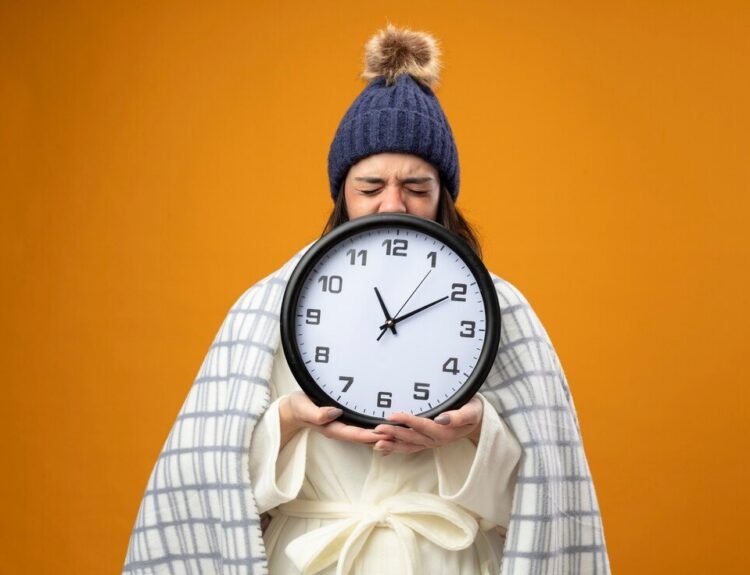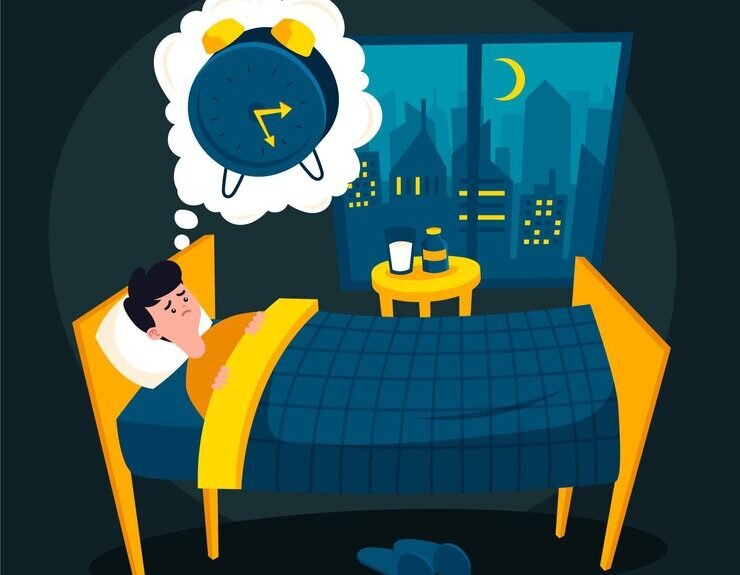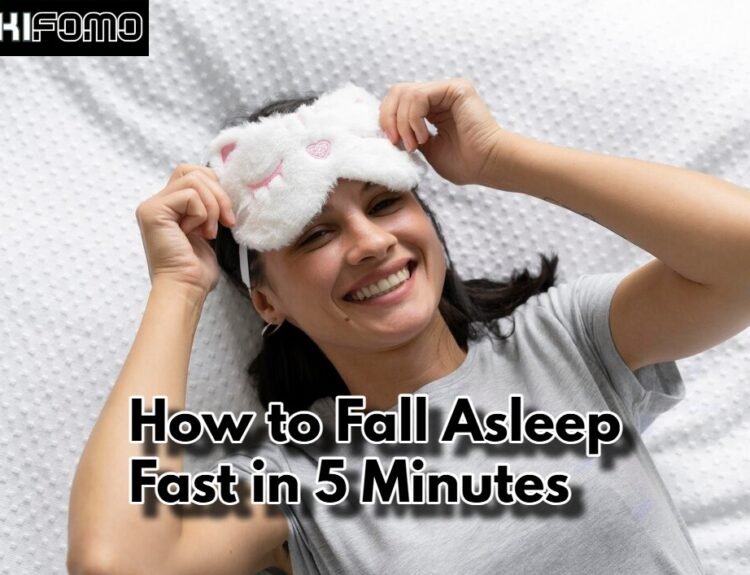
Are you tossing and turning at night, desperately seeking the sweet embrace of sleep? You’re not alone. Millions of people worldwide struggle with insomnia, a frustrating condition that can leave you feeling exhausted, irritable, and unable to function at your best. 🛌😴
But before you reach for those prescription sleep aids, consider this: nature may hold the key to unlocking a restful night’s sleep. From soothing herbal teas to life-changing lifestyle adjustments, there’s a world of natural remedies waiting to help you conquer insomnia once and for all.
In this blog post, we’ll explore seven powerful strategies to reclaim your sleep and wake up feeling refreshed and revitalized. Get ready to discover the secrets of herbal solutions, relaxation techniques, dietary tweaks, and alternative therapies that could transform your nights – and your life.

Understanding Insomnia
A. Causes of sleeplessness
Insomnia can be triggered by various factors, ranging from psychological to physiological. Common causes include:
- Stress and anxiety
- Depression
- Hormonal changes
- Medical conditions
- Medications
- Poor sleep habits
| Cause | Description | Common Examples |
|---|---|---|
| Psychological | Mental health issues affecting sleep | Stress, anxiety, depression |
| Physiological | Physical factors disrupting sleep | Chronic pain, hormonal imbalances |
| Environmental | External factors impacting sleep quality | Noise, light pollution, uncomfortable bedding |
B. Impact on daily life
Chronic insomnia can significantly affect various aspects of life:
- Decreased cognitive function
- Impaired work performance
- Increased risk of accidents
- Weakened immune system
- Mood disturbances
- Strained relationships
C. Importance of natural remedies
Natural remedies offer several advantages for managing insomnia:
- Fewer side effects compared to prescription medications
- Address underlying causes rather than just symptoms
- Promote overall well-being and healthy sleep habits
- Can be easily incorporated into daily routines
- Often more cost-effective than long-term medication use
By understanding the root causes of insomnia and its impact, individuals can better appreciate the value of natural remedies in addressing sleep issues. These holistic approaches not only aim to improve sleep quality but also contribute to overall health and wellness. Now that we have a clear understanding of insomnia, let’s explore some effective herbal solutions for better sleep.
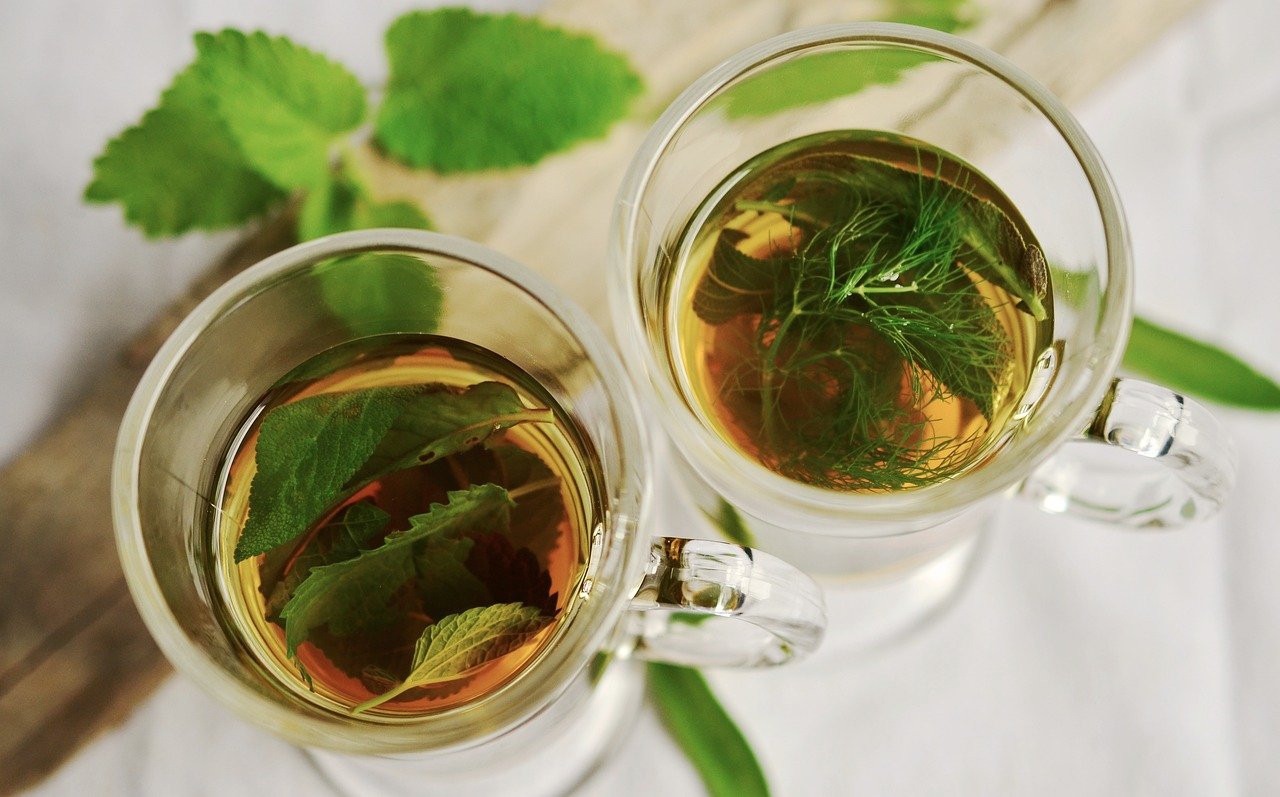
Herbal Solutions for Better Sleep
Now that we understand the basics of insomnia, let’s explore some natural herbal remedies that can help promote better sleep. These time-tested solutions have been used for centuries to combat sleeplessness and promote relaxation.
A. Chamomile Tea Benefits
Chamomile tea is renowned for its calming properties and ability to induce sleep. This gentle herb contains apigenin, an antioxidant that binds to specific receptors in the brain, potentially decreasing anxiety and initiating sleep.
B. Valerian Root Effectiveness
Valerian root has been used as a sleep aid for thousands of years. It’s believed to increase levels of gamma-aminobutyric acid (GABA) in the brain, which helps regulate nerve cells and calm anxiety.
C. Lavender’s Calming Properties
Lavender is famous for its soothing scent and sleep-promoting effects. Whether used as an essential oil for aromatherapy or consumed as a tea, lavender can help reduce anxiety and improve sleep quality.
D. Passionflower for Anxiety-related Insomnia
Passionflower is particularly effective for those whose insomnia is linked to anxiety. It works by increasing GABA levels in the brain, promoting relaxation and better sleep.
Here’s a comparison of these herbal remedies:
| Herb | Main Benefits | Best Form of Use |
|---|---|---|
| Chamomile | Reduces anxiety, promotes relaxation | Tea |
| Valerian Root | Improves sleep quality, reduces sleep latency | Supplement or tea |
| Lavender | Calms nerves, improves sleep quality | Essential oil or tea |
| Passionflower | Reduces anxiety, aids sleep | Tea or supplement |
While these herbal solutions can be effective, it’s important to remember that they may interact with certain medications. Always consult with a healthcare professional before starting any new herbal regimen.
Next, we’ll explore lifestyle changes that can complement these herbal remedies and further improve your sleep quality.
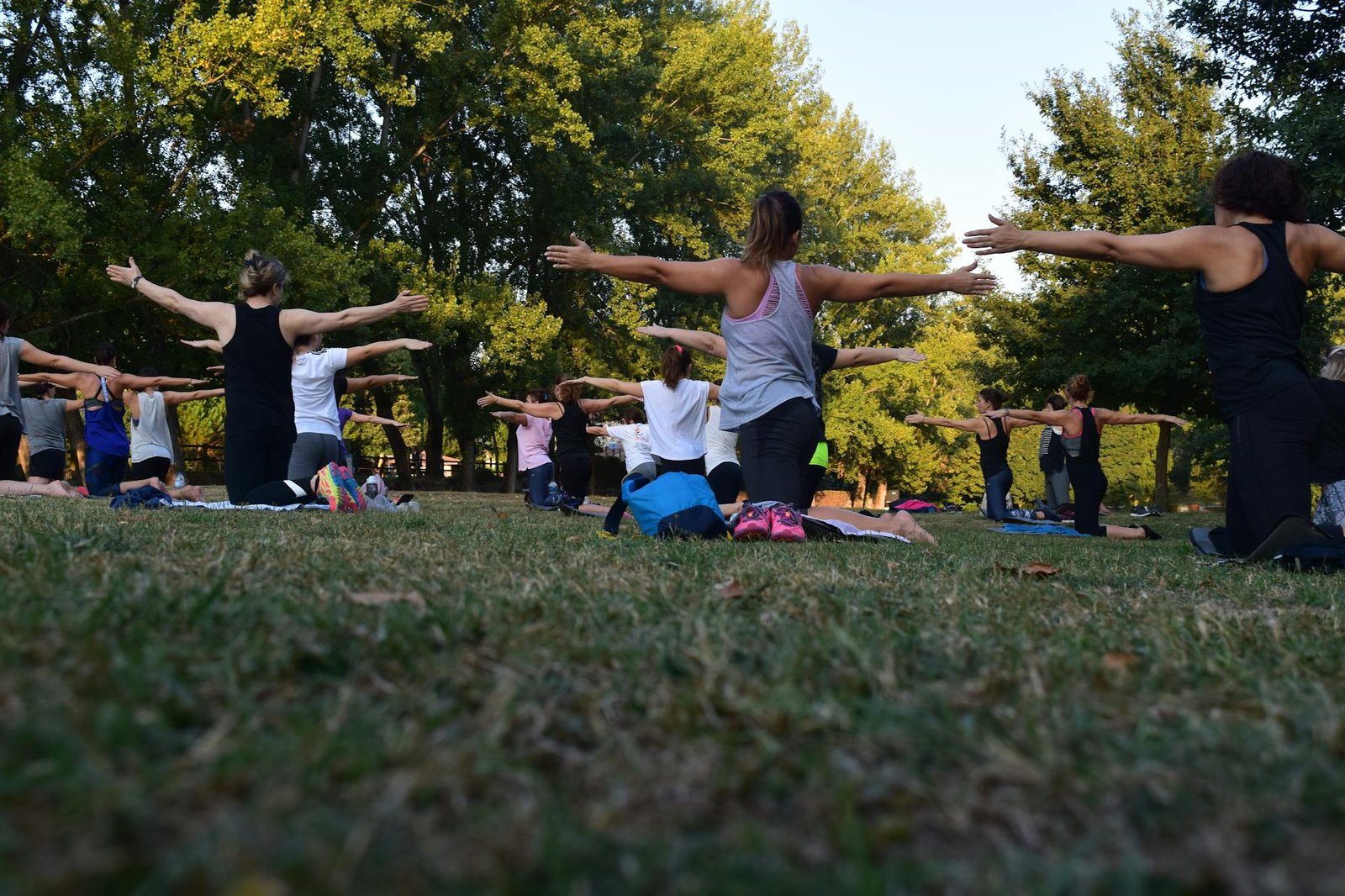
ALSO READ: Understanding Sleeping Disorders: Causes and Treatments
Lifestyle Changes to Promote Sleep
Now that we’ve explored herbal solutions, let’s delve into lifestyle changes that can significantly improve your sleep quality.
Establishing a bedtime routine
Creating a consistent bedtime routine signals your body that it’s time to wind down. This routine might include:
- Taking a warm bath
- Reading a book
- Practicing gentle stretches
- Listening to calming music
Creating an ideal sleep environment
Your bedroom should be a sleep sanctuary. Consider these factors:
| Factor | Recommendation |
|---|---|
| Temperature | Keep it cool (60-67°F or 15-19°C) |
| Lighting | Use blackout curtains or an eye mask |
| Noise | Use a white noise machine or earplugs |
| Bedding | Invest in comfortable, breathable materials |
Limiting screen time before bed
The blue light emitted by electronic devices can interfere with your body’s natural sleep-wake cycle. Try to:
- Stop using screens 1-2 hours before bedtime
- Use blue light filtering apps or glasses if necessary
- Keep devices out of the bedroom
Regular exercise for better sleep
Physical activity can improve sleep quality, but timing is crucial:
- Aim for at least 30 minutes of moderate exercise daily
- Exercise earlier in the day, preferably not within 3 hours of bedtime
- Consider gentle evening exercises like yoga or stretching
Avoiding stimulants
Certain substances can interfere with your ability to fall asleep:
- Caffeine: Avoid coffee, tea, and chocolate in the afternoon and evening
- Alcohol: While it may help you fall asleep, it often leads to disrupted sleep later
- Nicotine: Smoking or vaping can act as a stimulant and disrupt sleep patterns
By implementing these lifestyle changes, you can create an environment and routine that promotes better sleep. Next, we’ll explore relaxation techniques that enhance your ability to fall and stay asleep.
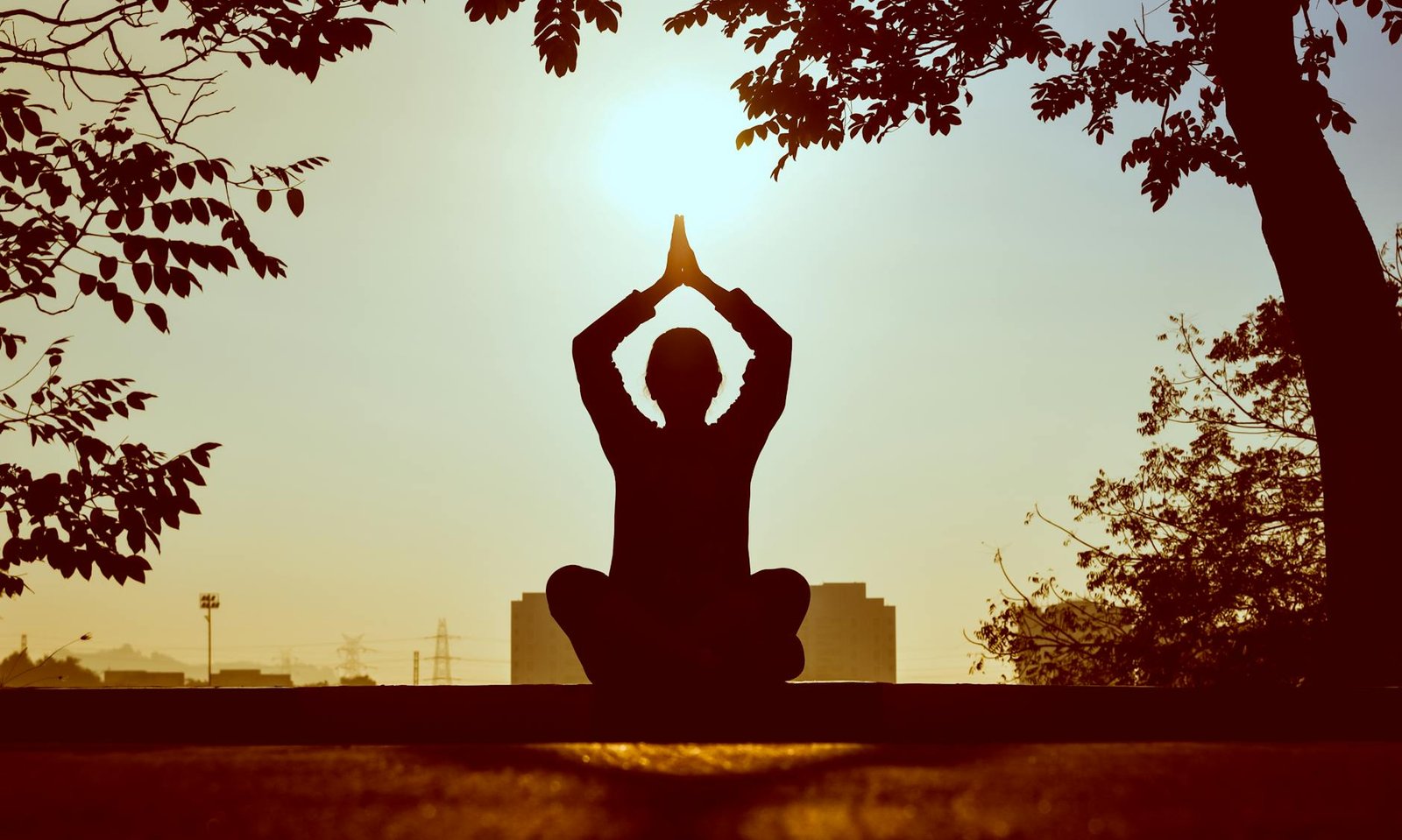
Relaxation Techniques
Now that we’ve explored lifestyle changes to promote sleep, let’s dive into powerful relaxation techniques that can help calm your mind and body, preparing you for a restful night.
Deep Breathing Exercises
Deep breathing is a simple yet effective way to reduce stress and induce relaxation. Try this technique:
- Sit or lie comfortably
- Inhale slowly through your nose for 4 counts
- Hold your breath for 7 counts
- Exhale through your mouth for 8 counts
- Repeat 5-10 times
This “4-7-8” breathing method can significantly lower your heart rate and blood pressure, promoting relaxation conducive to sleep.
Progressive Muscle Relaxation
Progressive muscle relaxation involves tensing and then releasing different muscle groups in your body. Here’s a quick guide:
| Muscle Group | Tense for | Relax for |
|---|---|---|
| Feet & Legs | 5 seconds | 10 seconds |
| Abdomen | 5 seconds | 10 seconds |
| Chest & Arms | 5 seconds | 10 seconds |
| Face & Head | 5 seconds | 10 seconds |
Work your way up from your toes to your head, focusing on each muscle group individually. This practice helps release physical tension and mental stress.
Meditation and Mindfulness Practices
Meditation and mindfulness can significantly improve sleep quality by calming racing thoughts. Try these techniques:
- Body scan meditation: Focus on each part of your body, noticing sensations without judgment
- Guided imagery: Visualize a peaceful scene, engaging all your senses
- Mindful breathing: Pay attention to your breath, gently returning focus when your mind wanders
Incorporating these relaxation techniques into your nightly routine can create a powerful sleep-inducing ritual. With consistent practice, you’ll find yourself drifting off to sleep more easily and enjoying more restful nights.
Next, we’ll explore how dietary adjustments can further enhance your sleep quality.

Dietary Adjustments for Improved Sleep
Now that we’ve explored relaxation techniques, let’s delve into how your diet can significantly impact your sleep quality. Making mindful choices about what and when you eat can set the stage for a restful night.
A. Foods that promote sleep
Certain foods contain nutrients that can help you fall asleep faster and improve sleep quality:
- Tryptophan-rich foods: Turkey, chicken, eggs, cheese
- Magnesium-rich foods: Nuts, seeds, leafy greens
- Melatonin-boosting foods: Tart cherries, kiwi, bananas
| Nutrient | Function | Food Sources |
|---|---|---|
| Tryptophan | Precursor to serotonin and melatonin | Turkey, eggs, cheese |
| Magnesium | Regulates neurotransmitters, promotes relaxation | Nuts, seeds, leafy greens |
| Melatonin | Sleep-inducing hormone | Tart cherries, kiwi, bananas |
B. Timing of meals
The timing of your meals can be just as important as what you eat:
- Avoid large meals close to bedtime
- Have dinner at least 2-3 hours before sleep
- If hungry before bed, opt for a light snack
C. Hydration balance
Proper hydration is crucial for good sleep, but timing is key:
- Stay hydrated throughout the day
- Limit fluid intake 1-2 hours before bedtime to minimize nighttime bathroom trips
- Avoid caffeine and alcohol close to bedtime, as they can disrupt sleep patterns
By making these dietary adjustments, you can create an internal environment conducive to better sleep. Next, we’ll explore alternative therapies that can complement these dietary changes for even more effective insomnia relief.
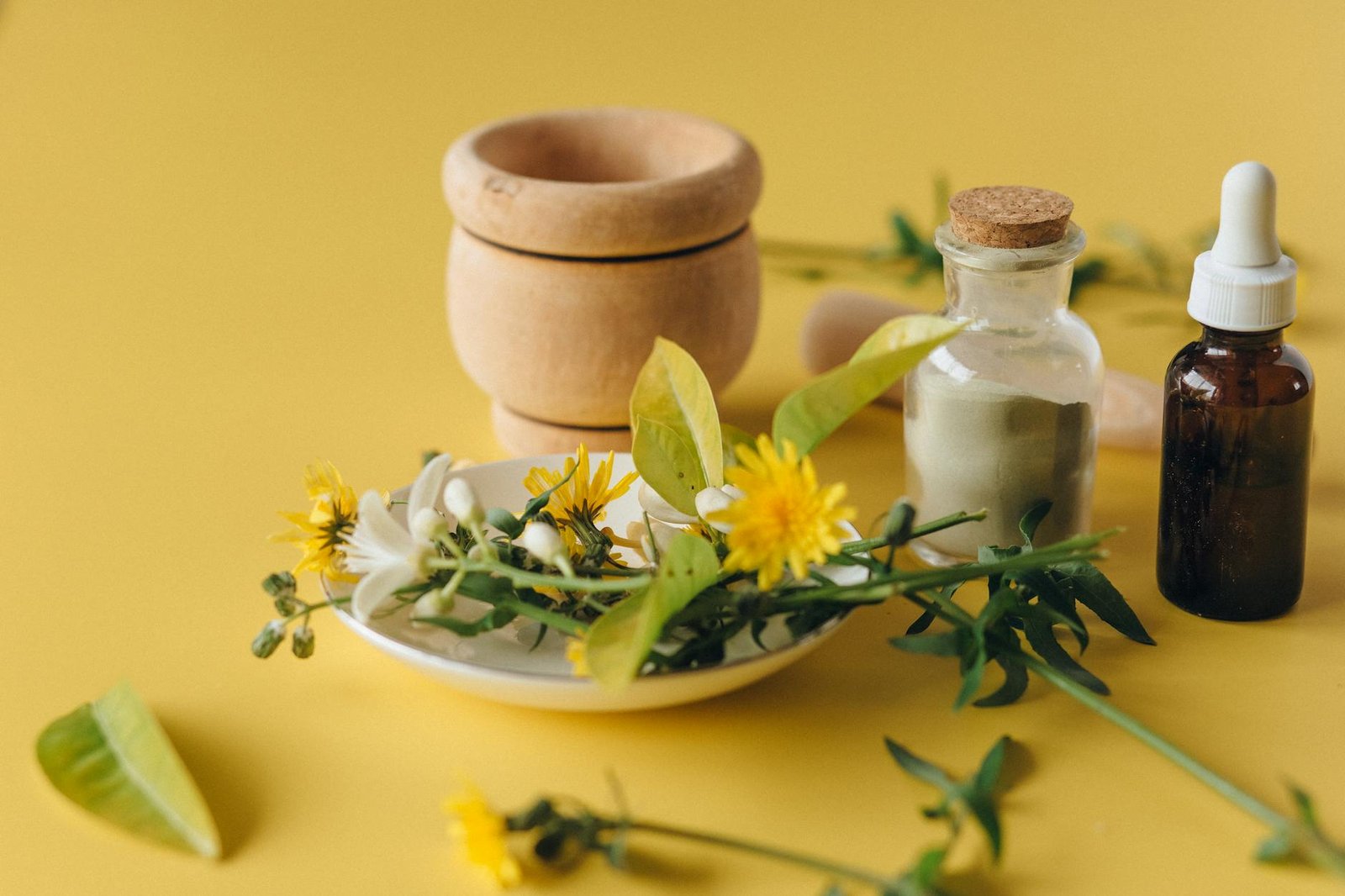
Alternative Therapies
For those seeking natural remedies for sleep disorders, alternative therapies offer promising solutions. Let’s explore three effective options that can help improve your sleep quality.
A. Acupuncture for insomnia
Acupuncture, an ancient Chinese healing practice, has shown significant benefits for sleep disorders sufferers. This technique involves inserting thin needles into specific points on the body to balance energy flow and promote relaxation.
Benefits of acupuncture for insomnia:
- Reduces anxiety and stress
- Regulates sleep-wake cycles
- Increases production of sleep-inducing hormones
- Improves overall sleep quality
B. Aromatherapy options
Aromatherapy harnesses the power of essential oils to create a calming environment conducive to sleep. Different scents can have varying effects on the mind and body.
| Essential Oil | Benefits for Sleep |
|---|---|
| Lavender | Reduces anxiety and promotes relaxation |
| Chamomile | Calms nerves and eases tension |
| Valerian | Improves sleep quality and duration |
| Bergamot | Lowers heart rate and blood pressure |
To use aromatherapy, try diffusing oils in your bedroom or adding a few drops to your pillow before bedtime.
C. Massage therapy benefits
Massage therapy can be an excellent way to alleviate Sleeplessness by reducing stress and promoting relaxation. Regular massages can lead to improved sleep quality and duration.
Key benefits of massage for sleep:
- Reduces muscle tension and pain
- Lowers cortisol levels (stress hormone)
- Increases serotonin production (mood-regulating hormone)
- Improves circulation and relaxation
Consider incorporating these alternative therapies into your sleep routine for a holistic approach to managing insomnia. Next, we’ll discuss when it might be necessary to seek professional help for persistent sleep issues.

When to Seek Professional Help
While natural remedies can be effective for many people struggling with Sleeplessness, there are times when professional help becomes necessary. Recognizing when to consult a sleep specialist is crucial for your overall health and well-being.
Signs that natural remedies aren’t enough
- Persistent insomnia lasting more than a month
- Daytime fatigue affecting work or daily activities
- Mood changes, irritability, or depression
- Snoring or gasping during sleep
- Unrefreshing sleep despite adequate duration
If you experience any of these symptoms consistently, it may be time to seek professional help.
Types of sleep specialists
| Specialist | Focus Area |
|---|---|
| Sleep Medicine Physician | Diagnoses and treats sleep disorders |
| Cognitive Behavioral Therapist | Addresses sleep-related anxiety and behaviors |
| Psychiatrist | Manages sleep issues related to mental health |
| Neurologist | Deals with sleep disorders linked to neurological conditions |
Potential underlying health conditions
Several health conditions can contribute to persistent insomnia:
- Sleep apnea
- Restless leg syndrome
- Chronic pain disorders
- Thyroid issues
- Anxiety or depression
A sleep specialist can help identify these underlying conditions and develop a comprehensive treatment plan tailored to your specific needs.
Remember, seeking professional help is not a sign of weakness but a proactive step towards better sleep and overall health.
Now that we’ve explored when to seek professional help, let’s summarize the key points we’ve covered throughout this guide on natural remedies for insomnia.

Conclusion
Incorporating natural remedies into your daily routine can significantly improve sleep quality and combat insomnia. From herbal solutions and lifestyle changes to relaxation techniques and dietary adjustments, there are numerous ways to address sleep issues without relying on prescription medications. Alternative therapies like acupuncture and aromatherapy can also offer relief for those struggling with sleepless nights.
Remember, while these natural remedies can be effective for many, persistent insomnia may require professional intervention. If your sleep problems continue despite trying these methods, don’t hesitate to consult a healthcare provider. By taking a holistic approach to sleep health and being mindful of your body’s needs, you can pave the way for restful nights and energized days.
If you enjoyed this post on wikifomo, please like, share, subscribe, and follow us for more great content. Thank you for your support!

